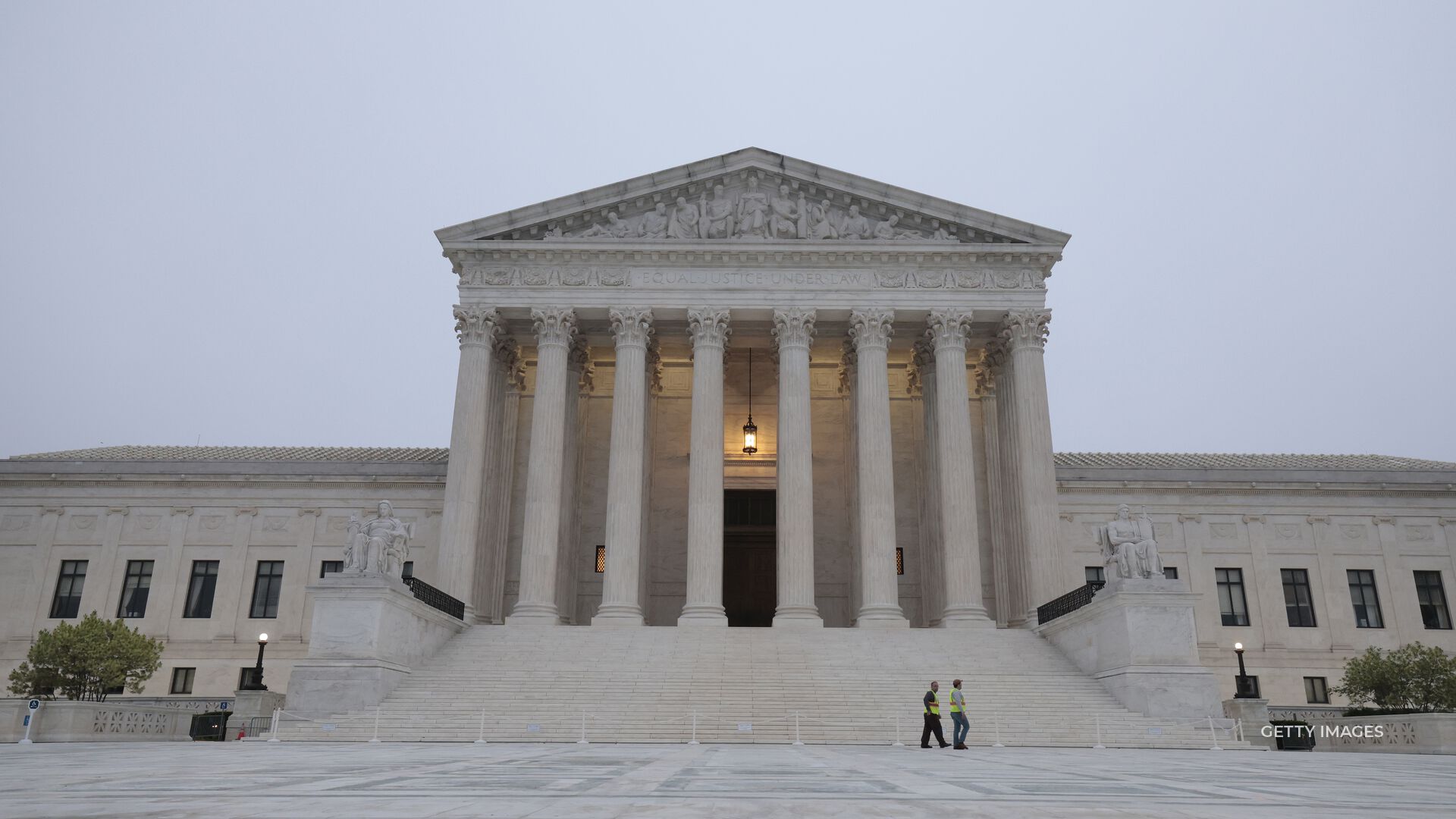
Ray Bogan:
The Supreme Court ruled states Can NOT prohibit students from using state-aid to attend private schools that provide religious instruction.
In the case of Carson Vs. Makin , the Supreme Court decided 6-3. Chief Justice John Roberts issued the majority opinion in the case writing quote: “a neutral benefit program in which public funds flow to religious organizations through the independent choices of private benefit recipients does not offend the Establishment Clause.”
In Maine, not every school district has its own secondary schools. So some districts provide financial aid and allow families to choose where to send their kids. But, the state only allowed tuition payments for “nonsectarian” private schools that do not teach religion.
In a 2020 decision, the justices ruled states subsidizing private education cannot stop public funds from going to a school based on religious status. This case was specific to schools who teach religious studies in the classroom. Straight from DC, I’m Ray Bogan.










